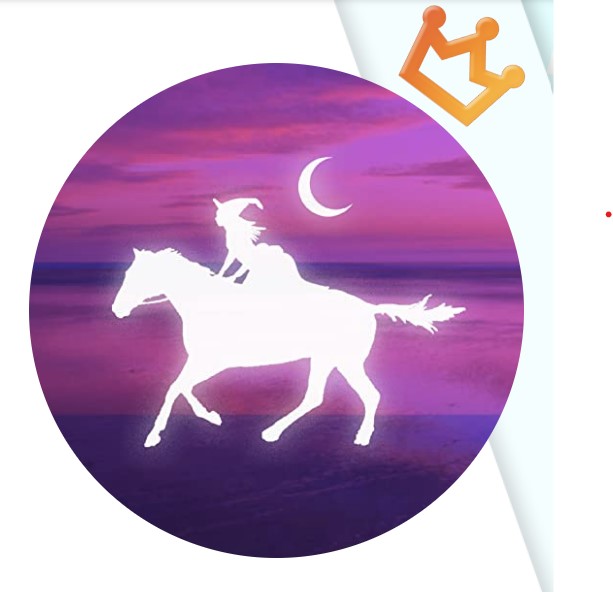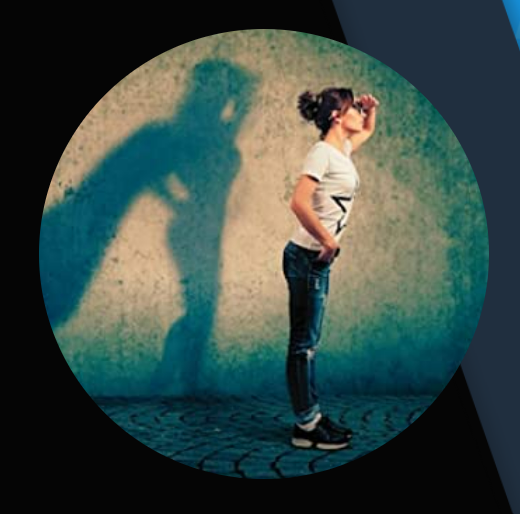Write Your Novel for Democracy: seven tips for staying creatively focused during chaos
If you’re like me, you spent January 6, 2021 watching social media whenever you could, cringing, and wondering how, or even if, you should stay focused on your creative endeavors.
You can. You should.
I’m not going to be blithe here — this has been a dark day. Or as might be better said, a pale day. I can’t worry that this post might seem to pick a side. I am picking a side. The side of voice. Voice and vote matter, and any person who serves to undermine another person’s right to share in the governing of their country — well, that’s an arch nemesis of epic proportions. So stop reading if you think voices that don’t sound like your voice should be quashed; stop reading if you believe, “Their vote isn’t valid because it was different from my vote.”
Artists don’t think that way. Dogma asphyxiates art.

Focusing on our creative projects was incredibly difficult in 2020 and is shaping up to be so in 2021. These suggestions are tailored to helping you push through your novel draft and reminding you why it matters.
Trust that your work can espouse the values you want to see in the world. Commit to including these themes in your WIP, no matter the genre. You don’t have to be writing high literature to convey the idea that all people matter, or that a kind action is more important than a sarcastic wisecrack. Even a minor character can echo an important theme.
If you’re feeling dispirited, try writing a happy ending even for the characters you know won’t get one. You may never include it, but this will help you meet your characters, cement motivation, and sharpen backstory. Likely it will enrich the plot or arc. And if nothing else, it will cheer you the heck up.
Consider new forms of diversity. I believe in the Own Voices movement and in seeing more equity in the publishing world, and I’m not trying to tell you to write anything that feels inauthentic to your experiences. But including diversity in any way supports the general idea of less regimented, non-binary thinking. It’s not all about race and religion or other hot-button issues you may feel unequipped to tackle capably. Can you include characters of varying socioeconomic status? Region? Talent? Educational level? Height? Learning styles? Family complexion? Age? Dig into your own experiences for details or events that might not depicted in the mainstream. My father owned a pet raccoon as a kid. Why? Because he grew up poor, in Appalachia, and it got injured in one of his traps. Also, it was free. Including a detail like that not only represents a wider swath of readers and experiences, it’s more interesting than simply plunking another pet golden retriever named Lucky into your book.
Remember you can’t fix all of the world’s problems in one work, so don’t put that pressure on yourself. Focus on one goal that makes you feel like a part of the solution. In my current WIP revision, I worked hard to not allow “darkness” to constantly connote negativity. This was tricky, since my characters are often running through the woods at night from feral cannibals on a hiking trail. Halfway through, I brainstormed positive images of “darkness” my protagonists might encounter in the woods. The musty smell of wet tree bark. The quiet stillness of a night sky after a muggy day. The mysterious, cool depths of a lake. Rich hot cocoa and strong coffee (when my characters/kids could get their hands on some — they’re living through a pandemic, after all!) The smell of soil after rain. The sheltering timbers of cabin logs and lean-tos. Wise black pupils on white birches. Tanned, weatherworn Appalachian faces. Thick-boiled, blackstrap molasses and real maple syrup. Dappled hound dogs… Sorry: I digress. This was fun for me. I have to go work the molasses into the novel now! My protagonists will like that. I’m at the all-is-lost point, and their stomachs are growling.
No, I didn’t censor. Flashlights are still a useful tool; the moon is still gorgeous (though it has a dark side!) and the white trail blazes are still a welcome sight when lost in the woods. But choosing just one stereotype to defy not only gave me a sense of purpose, it likely made my writing less cliché.
Visualize yourself telling others how you pushed through writing your book/completing your art process. “That’s amazing! And then what did you do? And how did you come up with the idea to use this word/color/ink/router bit/glaze?” Answer your interviewer with confidence. Your art matters. You completing your project and having faith in your process is a way of demonstrating your faith in the world.
Find a cohort of writers that will help you set and support goals. (Through writers groups, Nanowrimo, your local library, for starters). Plus, in Covid times, you might even get the human contact you need to stay emotionally healthy enough to finish the project.
And last and perhaps least, when writing I like to turn off my wifi, set a timer on my phone, and set the phone to airplane mode. This is all to shame myself into not checking Twitter every few seconds to notice if the world has plunged further into chaos or to check if Thoughts of Dog can pull me back out of said ensuing despair. Having to log in again sometimes gives me just the reminder that I turned it off out of self discipline. I consider this the equivalent of that horrible 80’s “refrigerator pig” gimmick that oinked whenever the fridge door opened.
I hope you finish your novel. If you are an artist of any kind, then you must believe that your voice, metaphorical or not, matters. I’ve spent nearly twenty years teaching creative writing, ESL, comp, literature, and critical thinking in general, and I’ve seen firsthand, over and over, that engaging with the human condition does help foster empathy in others. Our creative voice, as well as our human voice, is sacred.
Thanks for letting me vent this. I have some other blogs on working through writers block and or forming a critique group in the Covid era if they’re useful to you.

